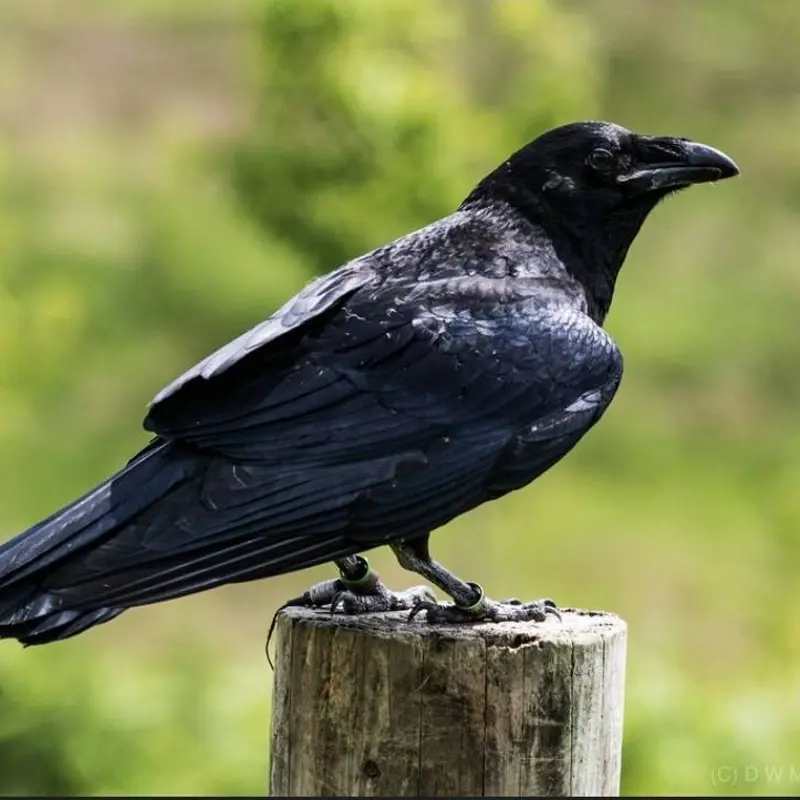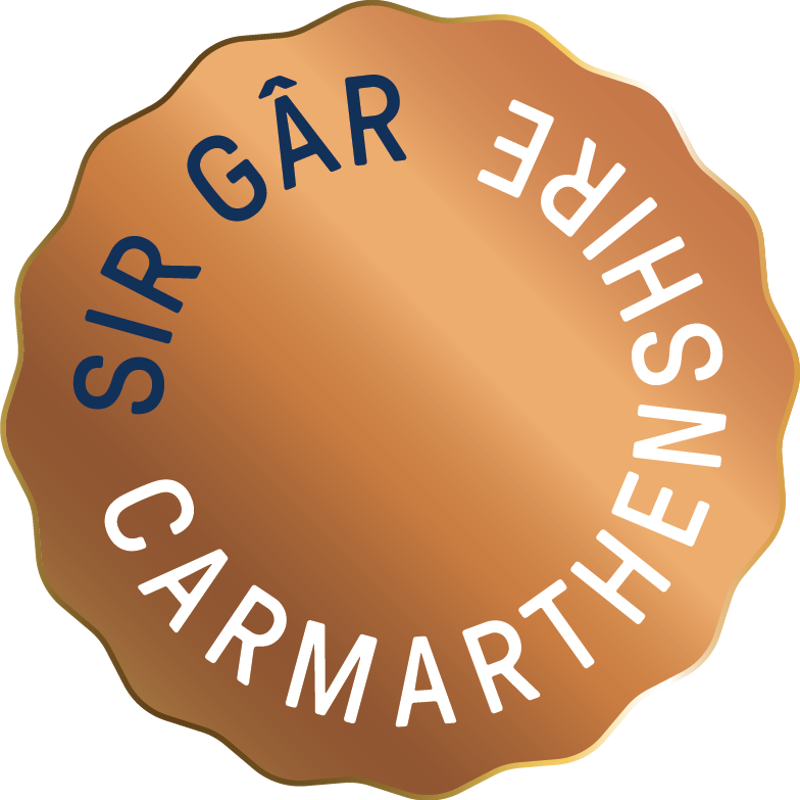NEW Centre Opening 18th October 2025 - Tickets available now

Raven
"Echo"
Echo hatched in May 2025. Ravens are known to be very talented mimics which is why he got his name. Like all Ravens, Echo is very intelligent and he is happiest when learning new tricks. Watch out during the flying displays - he'll be looking for your money to put in the collection buckets!
Raven Facts
Corvus corax
Group: Crows
Territory / Location
Ravens can be found in most areas of the UK with fewer found along the East coast.
Habitat
Ravens can be found in a wide range of habitats including woodland, upland, urban and suburban, marine and intertidal and farmland.
Conservation Status
Ravens were once heavily persecuted as pests on farmland and game estates, but protection has helped their numbers recover. There are now around 7,400 breeding pairs in the UK.
Diet
Carrion, mammals, birds and eggs, insects and other invertebrates.
Size / Weight
Ravens can weigh between 800 and 1,500g with a wingspan of 120-150cm. They can be up to 68cm in length.
Nesting
Ravens usually mate for life and remain together in pairs throughout the year, defending their territories even in winter. They’re early breeders and build their stick and moss nests from mid-February on cliff ledges, in large trees, or sometimes on buildings or other structures like bridges.
They tend to have a few well-used sites and rotate between them on alternate years.
Did you know?
Ravens feature in lots of myths and legends. To the Native Americans, the Raven was a trickster, to the Norse, a faithful companion of Odin, and to the Greeks, a messenger of Apollo. Even to this day, it’s said that if the Tower of London loses its resident Ravens, the kingdom itself will fall.









